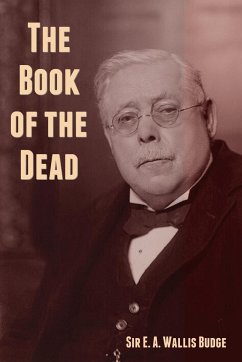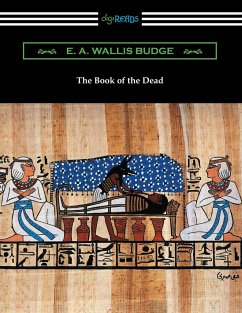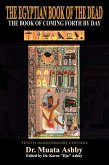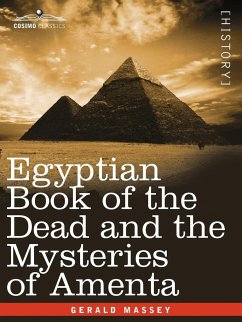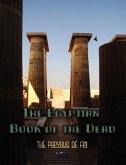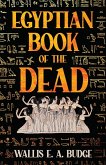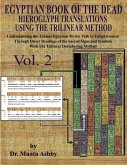The sacred wisdom of the priests of ancient Egypt and the experiences of the soul after death: one of the most important books in Egyptian history. Includes full hieroglyphic text along with a transliteration of sounds, word-for-word translation, and a separate smooth translation. Bio Sir Ernest Alfred Thompson Wallis Budge (27 July 1857 - 23 November 1934) was an English Egyptologist, Orientalist, and philologist who worked for the British Museum and published numerous works on the ancient Near East. He made numerous trips to Egypt and the Sudan on behalf of the British Museum to buy antiquities, and helped it build its collection of cuneiform tablets, manuscripts, and papyri. He published many books on Egyptology, helping to bring the findings to larger audiences. In 1920, he was knighted for his service to Egyptology and the British Museum. E. A. Wallis Budge was born in 1857 in Bodmin, Cornwall, to Mary Ann Budge, a young woman whose father was a waiter in a Bodmin hotel. Budge's father has never been identified. Budge left Cornwall as a boy, and eventually came to live with his maternal aunt and grandmother in London. Budge became interested in languages before he was ten years old, but left school at the age of twelve in 1869 to work as a clerk at the retail firm of W.H. Smith, which sold books, stationery and related products. In his spare time, he studied Biblical Hebrew and Syriac with the aid of a volunteer tutor named Charles Seeger. Budge became interested in learning the ancient Assyrian language in 1872, when he also began to spend time in the British Museum. Budge's tutor introduced him to the keeper of Oriental Antiquities, the pioneer Egyptologist Samuel Birch, and Birch's assistant, the Assyriologist George Smith. Smith helped Budge occasionally with his Assyrian. Birch allowed the youth to study cuneiform tablets in his office and obtained books for him from the British Library of Middle Eastern travel and adventure, such as Austen Henry Layard's Nineveh and Its Remains. From 1869 to 1878, Budge spent his free time studying Assyrian, and during these years, often spent his lunch break studying at St. Paul's Cathedral. John Stainer, the organist of St. Paul's, noticed Budge's hard work, and met the youth. He wanted to help the working-class boy realize his dream of becoming a scholar. Stainer contacted W.H. Smith, a Conservative member of Parliament, and the former Liberal Prime Minister William Ewart Gladstone, and asked them to help his young friend. Both Smith and Gladstone agreed to help Stainer to raise money for Budge to attend the University of Cambridge. Budge studied at Cambridge from 1878 to 1883. His subjects included Semitic languages: Hebrew, Syriac, Ge'ez and Arabic; he continued to study Assyrian independently. Budge worked closely during these years with William Wright, a noted scholar of Semitic languages, among others. (wikipedia.org)
Hinweis: Dieser Artikel kann nur an eine deutsche Lieferadresse ausgeliefert werden.
Hinweis: Dieser Artikel kann nur an eine deutsche Lieferadresse ausgeliefert werden.

